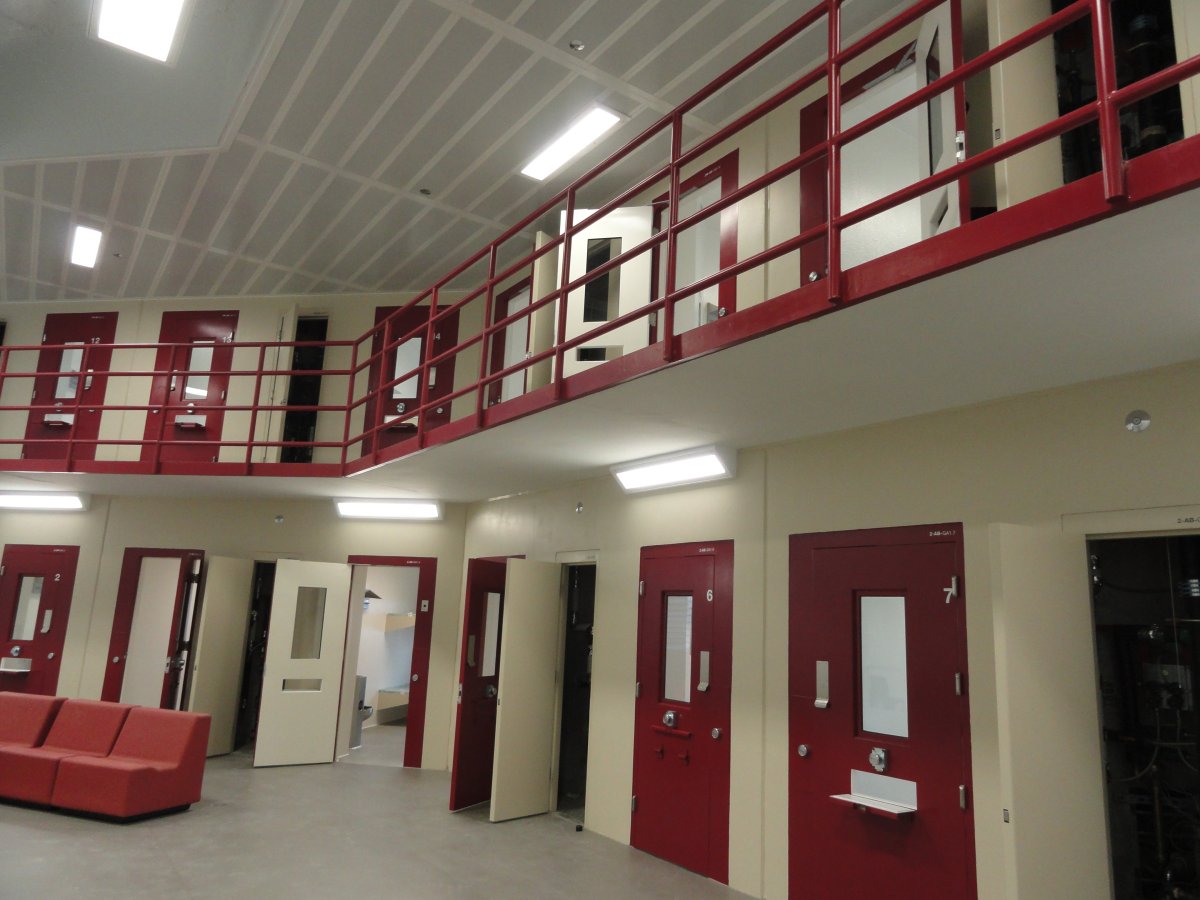As the federal Conservatives push to stiffen sentences for mentally ill offenders, Ontario is beefing up a forensic psychiatric system under increasing strain – its user population has quadrupled in two decades.

A forensic early intervention program will screen everyone entering remand at the new 1,650-bed Toronto South Detention Centre, which opens later this year. The aim is to identify inmates with severe mental illness and connect them with services they otherwise wouldn’t get until after trial, which could be months or even years later.
The $3-million-a-year provincial program is a partnership with the Centre for Addiction and Mental Health.
The idea is to catch inmates “who may be at risk of being unfit to stand trial or who may have a defence of Not Criminally Responsible available to them,” Ministry of Community Safety and Correctional Services spokesman Greg Flood said in an email.
And there are more and more of them, even as the overall crime rate drops.
“We have an increasing demand for forensic services in the province,” said Sandy Simpson, clinical director of CAMH’s forensic unit.
“This is a major health opportunity, as well as a forensic opportunity. … So we’re pretty excited.”
- Life in the forest: How Stanley Park’s longest resident survived a changing landscape
- Bird flu risk to humans an ‘enormous concern,’ WHO says. Here’s what to know
- More youth are seeking EI amid rising unemployment rates: StatCan
- Mental health support still lacking 4 years after mass shooting: Nova Scotia mayor
In 1992, the province had 400 forensic clients. Now, it has more than 1,600.
CAMH researchers are trying to figure out what’s behind that jump. But in the meantime, they want to get high-needs inmates into treatment as soon as possible, in the hopes they won’t reoffend and keep cycling through the court system.
That’s what has Simpson worried about a federal bill that would create a “high-risk” designation for people deemed not criminally responsible after committing especially heinous crimes. This would mean more seldom reviews of their detention and more decision-making by the court, rather than review boards created to evaluate a patient’s progress.
Ottawa argues this change is necessary to safeguard public safety and victims’ rights. “We believe these measures are responsible and carefully crafted,” Justice Minister Rob Nicholson’s spokesperson Julie Di Mambro said in an email.
But some fear stricter rules could dissuade defence lawyers from seeking not-criminally-responsible designations in the first place. That, in turn, pushes people with severe mental illness into a prison system ill-equipped to treat them. So they’re released without proper rehabilitation, more likely to reoffend and end up back in the justice system.
This, Simpson argues, could endanger public safety, not strengthen it. It would also make remand-centre services more important.
The government came under fire this week when Global News reported they had been giving MPs inaccurate information that inflated recidivism rates for people with a previous NCR designation. The corrected numbers, which researchers released several months ago, are in line with previous government research on the issue. But Justice Minister Rob Nicholson’s office has said these new numbers are untrustworthy.
Ontario has 574 secure forensic beds and 197 general ones in facilities across the province, as well as hundreds more forensic patients in the community or in other beds. Health ministry spokeswoman Maxine Chan said the system is at capacity.
Ottawa has said it won’t cover any costs to the province resulting from its not criminally responsible bill.


Comments